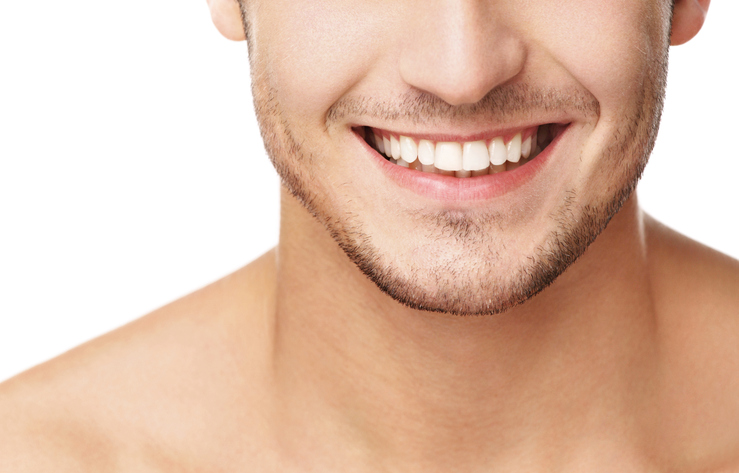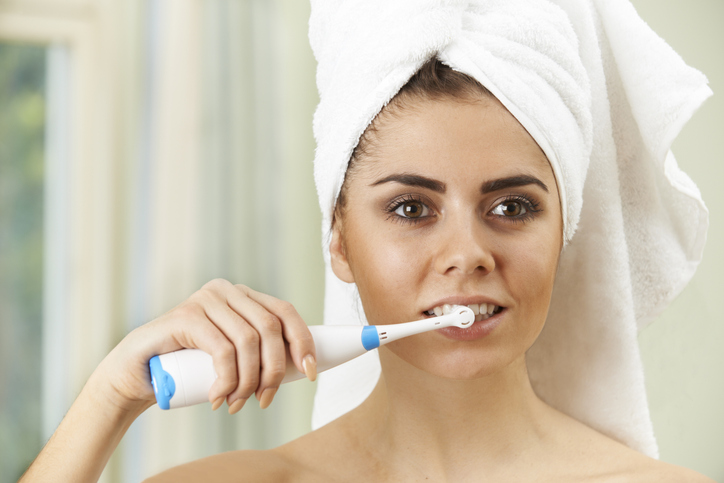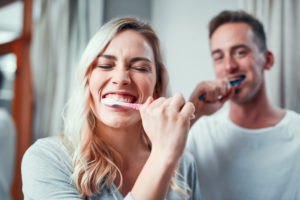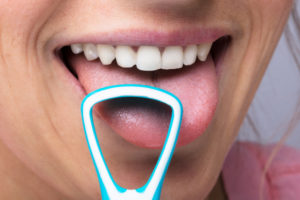The Hidden Way that COVID-19 May Affect Dental Health
Over the past several months, we have been exposed to the uncertainties of life. The COVID-19 pandemic has affected society in multiple ways, leading us to rethink how we go about our days. While we’ve had to become more alert and mindful about things like handwashing and social distancing, we’ve also had to manage the mental impacts of these new stressors. In our Burke dental office, we have implemented strategies that have enabled us to continue serving our patients. Here, we serve by discussing how stress from the pandemic of 2020 may affect dental health and what you can do about it.
How Stress Impacts the Smile
When we are under stress, several dental conditions and habits may develop, including:
- Nail-biting. This habit is a common subconscious reaction to stress. Biting on nails is like biting on any hard object; it can weaken teeth. Additionally, biting fingernails could introduce new bacteria into the mouth.
- Bruxism. Like nail-biting, bruxism is an unconscious habit that weakens teeth and gums. Bruxism is the clenching and grinding that you may do in your sleep. Because of this, you may not realize you are doing it until you suffer a cracked tooth or other damage.
- TMJ disorder. This condition may result from bruxism, chewing gum, chewing on hard objects, or other factors. The TMJs are the temporomandibular joints at the sides of the jaw. They help you open and close your mouth. Stress on these joints can lead to uncomfortable stiffness, pain, clicking, and other symptoms.
Relieving Stress is Good for Your Smile
As we continue to navigate how we will restore a sense of normalcy in our lives, specific habits can help you manage your healthiest smile in times of stress. Suggestions for making it through a stressful pandemic include:
- Wash your hands several times a day and use hand sanitizer when you go out.
- Get enough sleep. Experts say that we do best with at least 7 ½ hours a night. When stressed, the body may ask for more.
- Engage in calming activities daily. This may include meditation, coloring, gardening, walking outdoors, or listening to favorite music.
- Talk with trusted friends or a therapist. We are living in an unprecedented time. We cannot be expected to know how to manage the stressors we have been facing. Getting help can be one of the best decisions you make for your emotional and physical health.
Our patients’ peace of mind and health are our top priority. To talk with a staff member about our current protocols and to schedule your visit, call (703)-935-2879.











